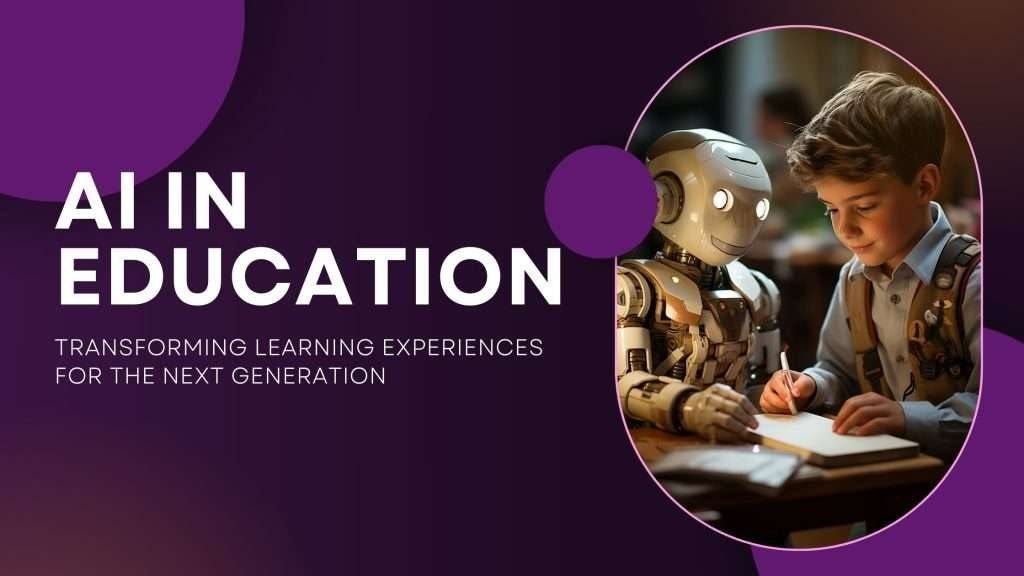In the ever-evolving world of technology, artificial intelligence (AI) has become a dominant force driving innovation across various industries. From self-driving cars to virtual assistants, AI has the potential to revolutionize the way we live and work. However, with great power comes great responsibility. As AI continues to advance, ethical considerations become increasingly important.
The Promise of AI
AI has the power to revolutionize industries, increase efficiency, and improve outcomes across various sectors. From healthcare to finance, AI can automate tasks, analyze data at lightning speed, and predict outcomes with a level of accuracy that was once unimaginable. The potential benefits of AI are vast, promising to transform the way we live and work for the better.
The Ethical Dilemma
Despite its promise, AI also presents a number of ethical challenges. One of the biggest concerns surrounding AI is its potential for bias. AI algorithms are only as good as the data they are trained on, and if that data is biased, the AI system will inevitably reflect that bias. This can lead to discrimination, unfair treatment, and perpetuate existing inequalities. Ensuring that AI is fair and unbiased is crucial to maintaining trust in this technology.
Transparency and Accountability
Transparency is key to addressing ethical concerns in AI. Users should be informed about how AI systems make decisions and what factors influence those decisions. Additionally, AI systems should be held accountable for their actions. This means that there should be mechanisms in place to monitor, audit, and correct AI systems when they make mistakes or exhibit bias.
Privacy and Data Security
Another major ethical consideration in AI is privacy and data security. AI systems often rely on vast amounts of data to make predictions and recommendations. Ensuring that this data is collected and stored securely, and that user privacy is protected, is essential to maintaining trust in AI technology. Companies must be transparent about how they collect and use data, and users must have control over their data.
The Human Element
While AI has the potential to automate tasks and improve efficiency, it is important not to lose sight of the human element. Humans must remain in control of AI systems, making decisions about how they are used and ensuring that they align with ethical standards. Additionally, the impact of AI on the workforce must be considered, as automation could lead to job displacement and economic inequality.
The Way Forward
As AI continues to advance, it is crucial that we prioritize ethics and responsibility in its development and deployment. This means engaging in ongoing dialogue about the ethical implications of AI, investing in research and development to address bias and discrimination, and ensuring that AI systems are transparent, accountable, and secure. By balancing innovation with responsibility, we can harness the full potential of AI while safeguarding against its risks.
In conclusion, ethics in AI is a complex and multifaceted issue that requires careful consideration and proactive measures. By prioritizing transparency, accountability, privacy, and the human element, we can ensure that AI technology is developed and used in a responsible and ethical manner. Ultimately, the future of AI depends on our ability to balance innovation with responsibility.




